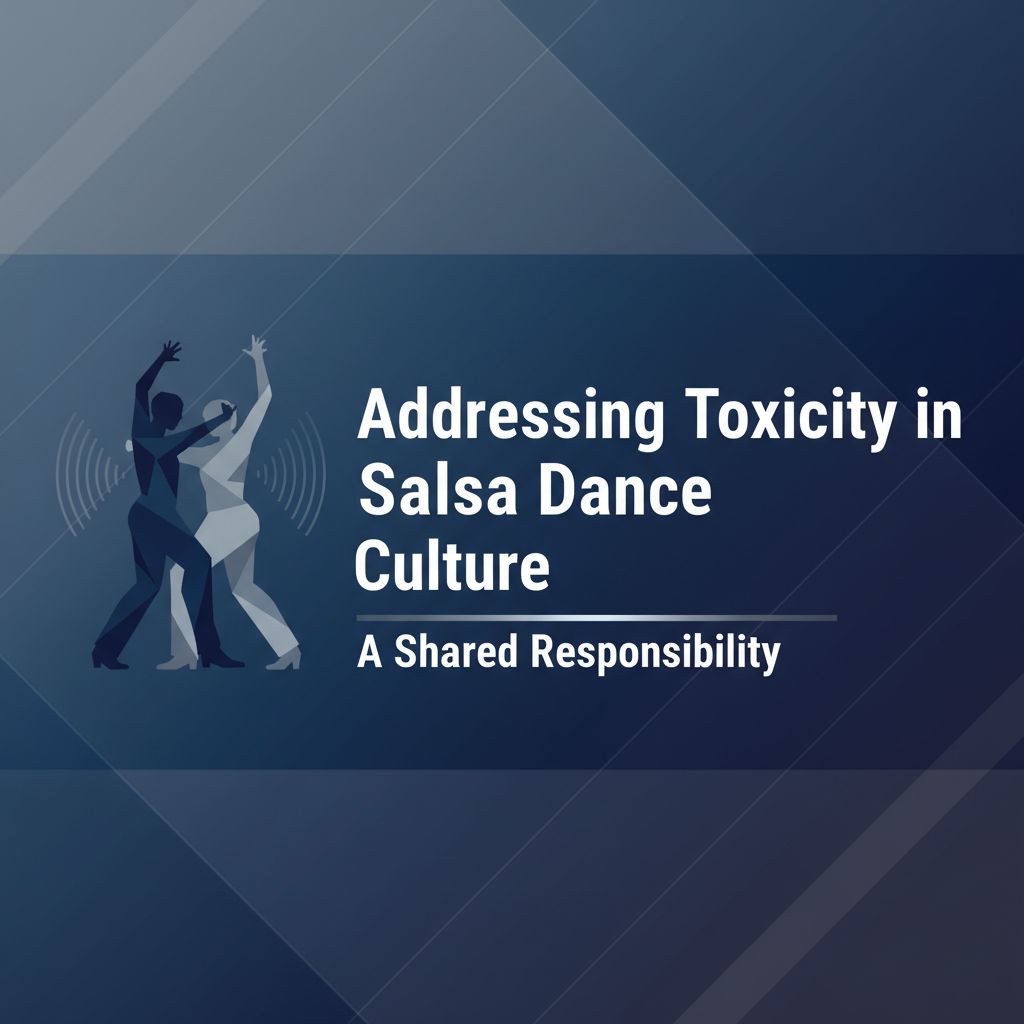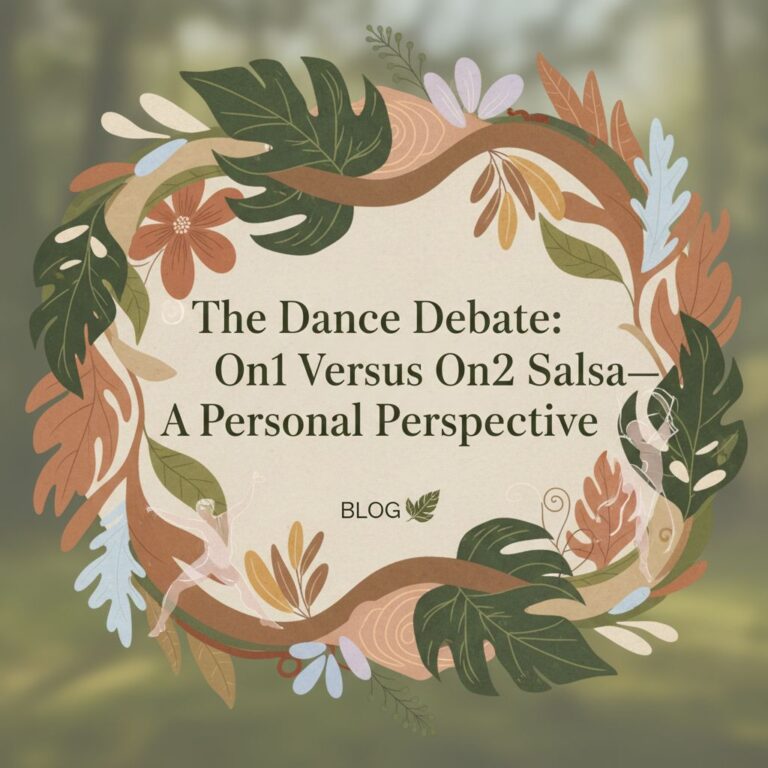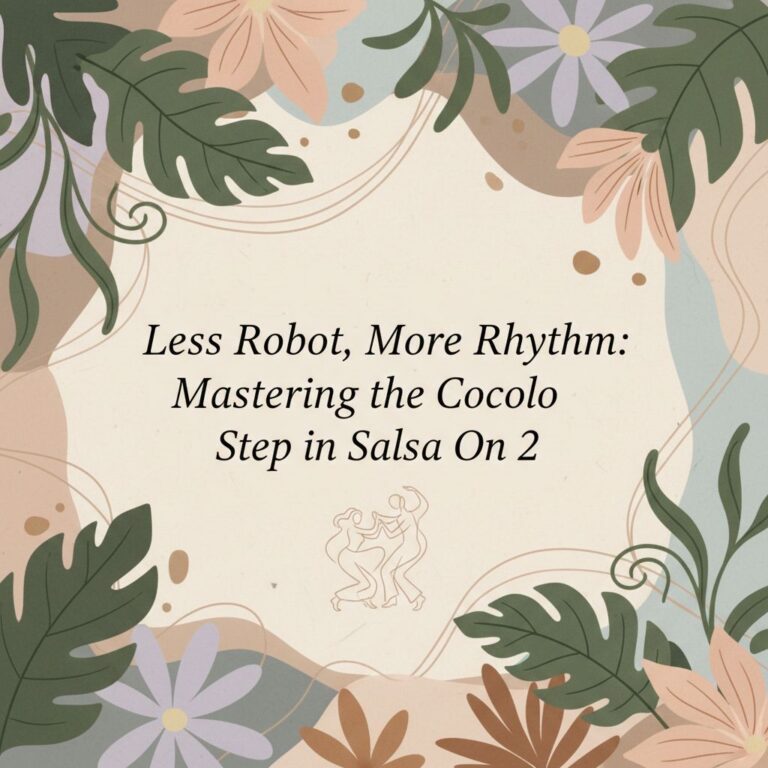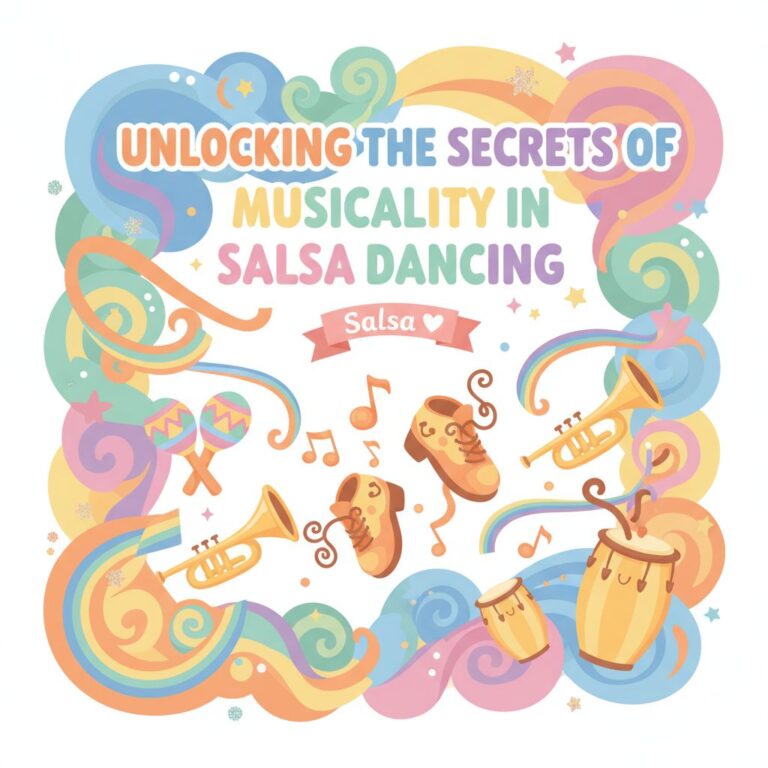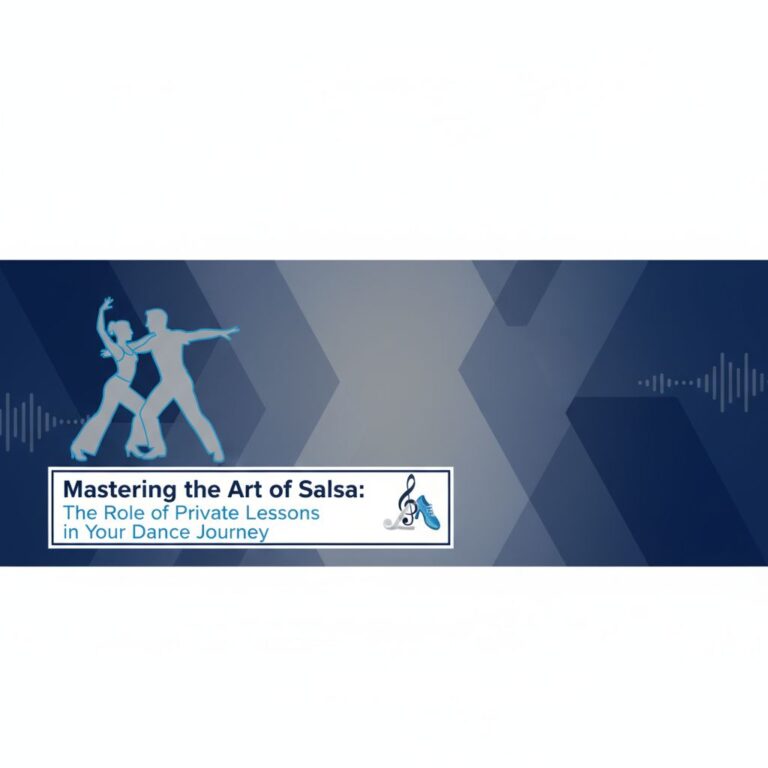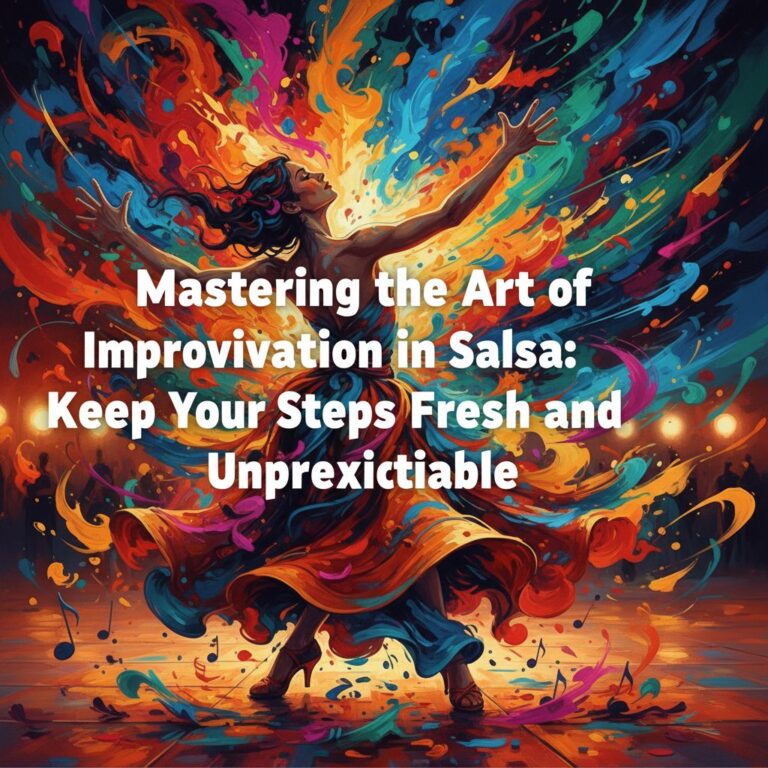Understanding the Issue
Salsa, a dance of passion and rhythm, has over time been riddled with undertones of toxic culture. A lot of debate revolves around the perpetrators of such toxic trends. While acknowledging men’s role, it is also essential to understand that this issue isn’t confined to a single gender. Often, women unknowingly contribute to and perpetuate these problems.
The Unconscious Reinforcement
Many people enter the salsa scene through open socials or club salsa socials without seeking formal training. It’s in such spaces where toxic behaviors can be encouraged and normalized. Some women, for instance, may think that harsh pulling or tugging during a dance is part of the salsa’s machismo or Latin allure. This idea is far from the truth.
Let’s not forget the women who opt for the most raunchy dances, sometimes under the pretext of “culture”. They seem to accept men who strong-arm or forcibly spin them in a bid to impress, thereby compromising safety and the true spirit of the dance.
The Cultural Pass and Gatekeeping
Such behavior often gets a “cultural pass”, without questioning the appropriateness or safety of the methods used. The problematic patterns are continuously reinforced as “that’s how salsa is”, an excuse that further deepens the toxicity in the dance culture.
Gatekeeping is another issue where a small percentage of women who manage to thrive within the dance culture discourage and shut out new dancers, especially women. This action not only narrows the growth of the dance culture but also strengthens the toxic culture.
Combating the Toxicity
While it’s crucial to point out the toxic behaviors, it’s equally important to think about solutions. I have always advocated for a balanced, gentler, yet firm approach to salsa dancing. This approach highlights the importance of mutual respect and the essence of dance over showboating.
Revolutionizing the Dance Culture
The nature of this issue goes beyond salsa and seeps into other social circles. However, it is quite pronounced in many salsa scenes, filled with men and women who refuse to evolve their practices. They continue to use the same tactics they did years ago, hoping it will spark the same excitement, but times have changed.
Creating a Positive Change
The new generation of dancers is more conscious and questions outdated practices. They value safety, respect, and the true essence of the dance over showmanship. Encouraging this mindset is a step towards breaking down the barriers of toxic dance culture and creating a more inclusive, respectful, and enjoyable salsa scene for everyone.
Change starts with us. As leaders and followers, we must choose to challenge and discard these toxic norms and behaviors, paving the way for a better dance culture.

